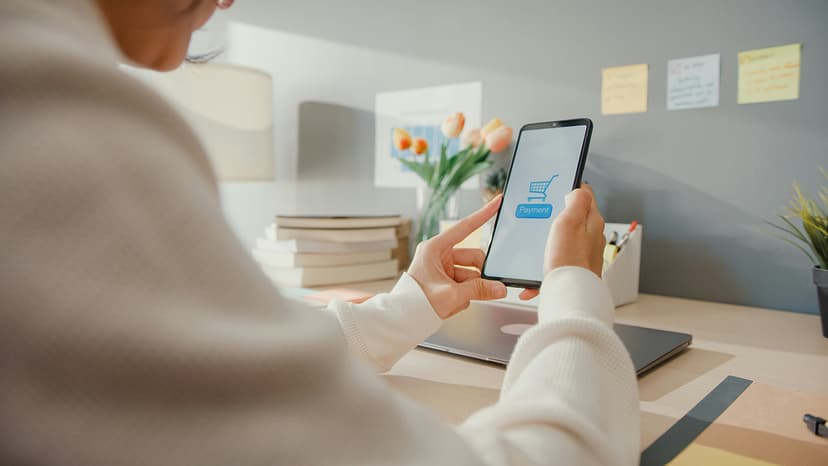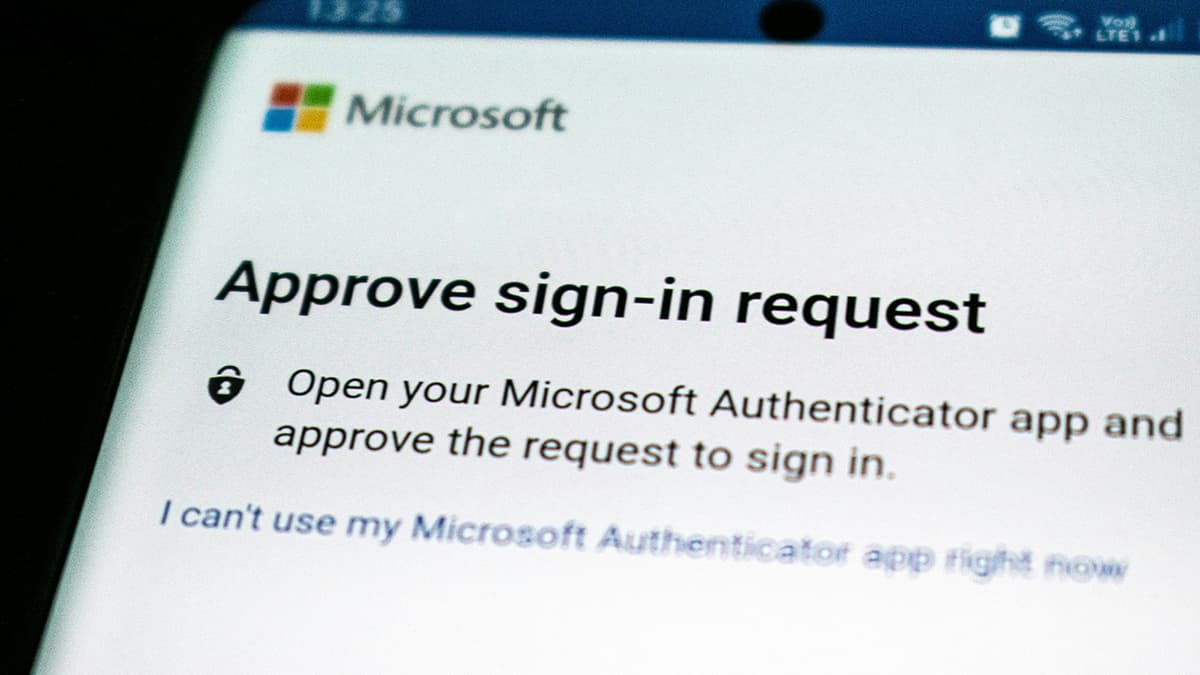Extend Your iPhone's Battery Life
Maximize your iPhone's potential without relying on a charger all day. Modern iPhones have impressive battery life, but everyday usage and app demands can drain it quickly. Here’s a clear guide to help you save battery power and extend your device use between charges.
Keep An Eye on Battery Usage
Your iPhone has a feature that lets you monitor which apps consume the most battery. Find this in the Settings app under Battery. If you see any app using too much power, consider limiting its use or updating it—developers often enhance battery efficiency in new versions.
Update Your iPhone Regularly
Apple regularly releases iOS updates that may include battery life improvements along with new features and bug fixes. Check for updates by navigating to Settings > General > Software Update. Install any available update to keep your iPhone optimized.
Adjust Screen Brightness
Higher screen brightness consumes more power. You can adjust this easily by accessing the Control Center—swipe up from the bottom or down from the top-right corner on iPhone X and later. Lower the brightness using the slider, or enable Auto-Brightness in Settings > Accessibility > Display & Text Size to let your iPhone adjust based on lighting conditions.
Use Wi-Fi Instead of Cellular Data
Wi-Fi uses less battery than cellular data. When in a Wi-Fi area, connect to it. To save battery when you are out, go to Settings > Wi-Fi and disable the feature to prevent your iPhone from searching for networks.
Enable Low Power Mode
Low Power Mode helps conserve battery by reducing background activity, including downloads and mail fetching. Activate it through Settings > Battery by toggling on Low Power Mode or ask Siri to turn it on.
Turn Off Location Services
Many apps track your location, which can drain your battery. Disable unnecessary location tracking by going to Settings > Privacy > Location Services. Here, you can switch off location access for specific apps or set them to track only while using the app.
Fetch Email Less Frequently
Default settings may have your iPhone fetching emails every 15 minutes. Change this by navigating to Settings > Mail > Accounts > Fetch New Data, and adjust the frequency or set to manual fetching.
Disable Background App Refresh
Background app activity can use additional battery. Turn off this feature by going to Settings > General > Background App Refresh and selecting ‘Off’. This will stop apps from updating until you open them.
Manage Notifications
Excessive notifications can wake your screen and consume battery. To manage notifications, go to Settings > Notifications and turn off notifications for non-essential apps.
Streamline Widgets
While widgets are useful, having too many can drain your battery. Swipe right on the Home screen or Lock screen, scroll to the bottom of the widget list, tap Edit, and remove any widgets you do not use frequently.
Turn Off Dynamic Backgrounds and Motion Effects
Moving backgrounds and motion effects consume more power. To save battery, select a standard static background and reduce motion effects by changing the wallpaper in Settings > Wallpaper and adjusting motion settings in Settings > Accessibility > Motion.
Keep Your iPhone at Room Temperature
iPhones function best at 62° to 72° F (16° to 22° C). Extreme temperatures can lead to battery drain. Avoid leaving your iPhone in hot or cold environments, such as a car on a hot day or outside in freezing temperatures.
Implementing these strategies can help your iPhone stay energized throughout your daily routine without the need for constant recharging. Use these tips to enjoy the full capabilities of your device.












